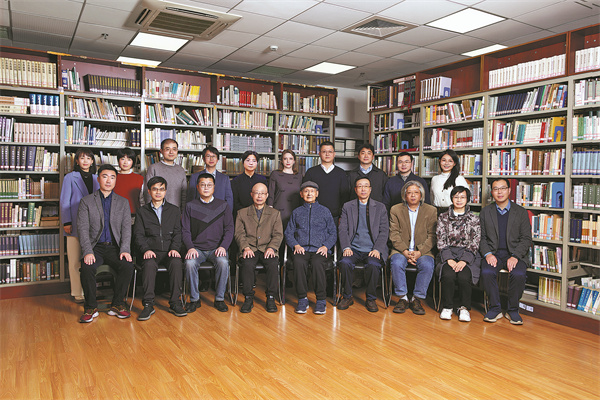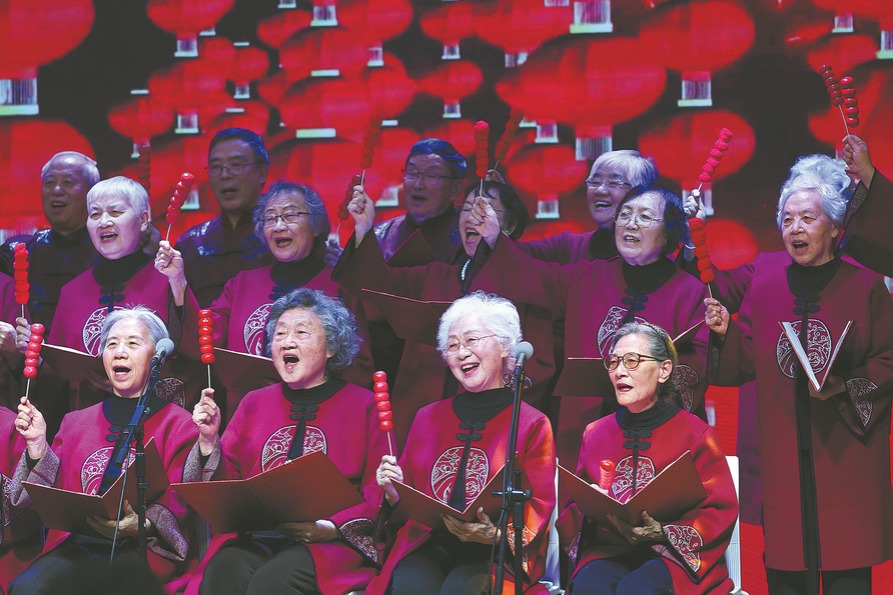Origin quest still inspires
Paleographer's decades of research lights the path for a new generation to follow, Wang Xin reports in Shanghai.


Some names are synonymous with a particular field. Such is the case for Chinese paleographer Qiu Xigui.
At 90, he maintains a heavy workload, burying himself relentlessly in decoding the mysteries of ancient Chinese civilization.
Born in 1935 in Shanghai, Qiu is highly accomplished and renowned in various disciplines including paleography, ancient classics, history and linguistics. Dubbed "the top researcher of contemporary Chinese paleography", he has made remarkable academic achievements in diverse categories such as research on the inscriptions on oracle bones, bronze objects, in the Warring States Period (475-221 BC), bamboo and wood slips, and silk manuscripts.
Yet, Qiu is not alone on this long, long journey. This legendary paleographer has influenced and inspired countless peers and younger scholars with his unchanging passion, devotion and commitment to paleography. He has also been the academic core at the Center for Research on Chinese Excavated Classics and Paleography at Fudan University, which he launched in 2005 and celebrated its 20th anniversary recently.
Paleography and research on excavated classics basically refer to the study of ancient writings and inscriptions based on ancient written materials, especially those excavated. It also involves the deciphering and interpretation of the ancient writing systems, language, classics and history. It is regarded as a little-known subject due to its high entry threshold, long training process and difficulty in getting results.
However, despite all the challenges, paleography continues to unlock the mysteries of ancient civilizations. Liu Zhao, head of the center, says: "If we would like to tell clearly about the 5,000-year Chinese civilization and better tell China's stories, paleography and research on excavated classics are extremely important. The ancient writings are not only characters, but reflect people's life, thoughts and wisdom in ancient times. Without (ancient) writings, our understanding about the ancient times would be like walking through an endless night."
Qiu, together with other 16 researchers at the center, is the torchbearer who leads the way and lightens the path through the "night". Despite increasing age and eye disease, Qiu is still working several hours a day, devoting himself constantly to the annotation project on the Tao Te Ching, a philosophy book by Lao Tzu.
Following Qiu's relentless drive, over the past two decades, the center has reaped fruitful achievements in various aspects including interpreting ancient writings, organizing excavated ancient classics and tracking the development of Chinese characters, receiving over 60 major awards.
One of the center's signature achievements was a collection of Mawangdui bamboo slips and silk manuscripts published in 2014 with its amended version published last year. Also last year, a three-book tutorial on the excavated classics and paleography compiled by the center was published, the first of its kind for postgraduate students in China.




































